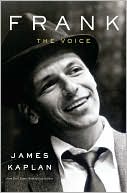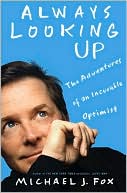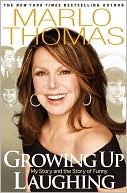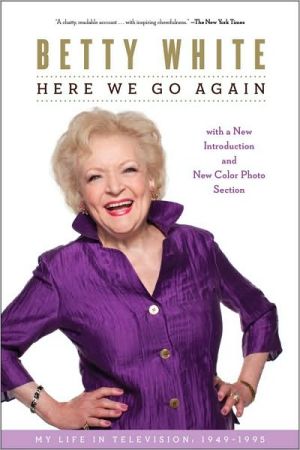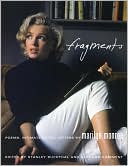Gay Fandom and Crossover Stardom: James Dean, Mel Gibson, and Keanu Reeves
Search in google:
Why and how does the appeal of certain male Hollywood stars cross over from straight to gay audiences? In Gay Fandom and Crossover Stardom Michael DeAngelis responds to these questions with a provocative analysis of three famous actors--James Deans, Mel Gibson, and Keanu Reeves. In the process, he traces a fifty-year history of audience reception that moves gay male fandom far beyond the realm of "camp" to places where culturally unauthorized fantasies are nurtured, developed, and shared. DeAngelis examines a variety of cultural documents, including studio publicity and promotional campaigns, star biographies, scandal magazines, and film reviews, as well as gay political and fan literature that ranges from the closeted pages of One and Mattachine Review in the 1950s to the very "out" dish columns, listserv postings, and on-line star fantasy narratives of the past decade. At the heart of this close historical study are treatments of particular film narratives, including East of Eden, Rebel Without a Cause, The Road Warrior, Lethal Weapon, My Own Private Idaho, and Speed. Using theories of fantasy and melodrama, Gay Fandom and Crossover Stardom demonstrates how studios, agents, and even stars themselves often actively facilitate an audience's strategic blurring of the already tenuous distinction between the heterosexual mainstream and the gay margins of American popular culture. Library Journal DeAngelis (Sch. for New Learning, DePaul Univ.) examines three prominent "crossovers" within the context of queer theory, gay male audience studies, and "star studies" to understand the appeal of some performers to both gay and straight audiences. Exploring spectator/character dynamics in cinema, particularly in melodrama, DeAngelis probes the connections between identification and desire. He shows how studio publicity, fan web sites, and "dish" columns reflect changing attitudes toward gay icons, from Dean's "in and out" sexuality to Gibson's heterosexuality to Reeves's "panaccessibility." Although DeAngelis focuses on these three stars, the wider implications of his arguments merit consideration in a larger context. DeAngelis's prose occasionally bogs down in academic jargon, but mostly his argument is clear and concise, leaving room for continuing debate on audience response, criticism, and popular films. Highly recommended for film studies on gay-audience response, along with Alex Doty's Flaming Classics (LJ 5/00) and Steven Cohan's Masked Men (Indiana Univ., 1997). Anthony J. Adam, Prairie View A&M Univ. Lib., TX Copyright 2001 Cahners Business Information.
AcknowledgmentsixIntroduction1ONE James Dean and the Fantasy of Rebellion19TWO Stories without Endings: The Emergence of the"Authentic" James Dean71THREE Identity Transformations: Mel Gibson's Sexuality119FOUR Keanu Reeves and the Fantasy of Pansexuality179Afterword235Notes239Bibliography267Index281

